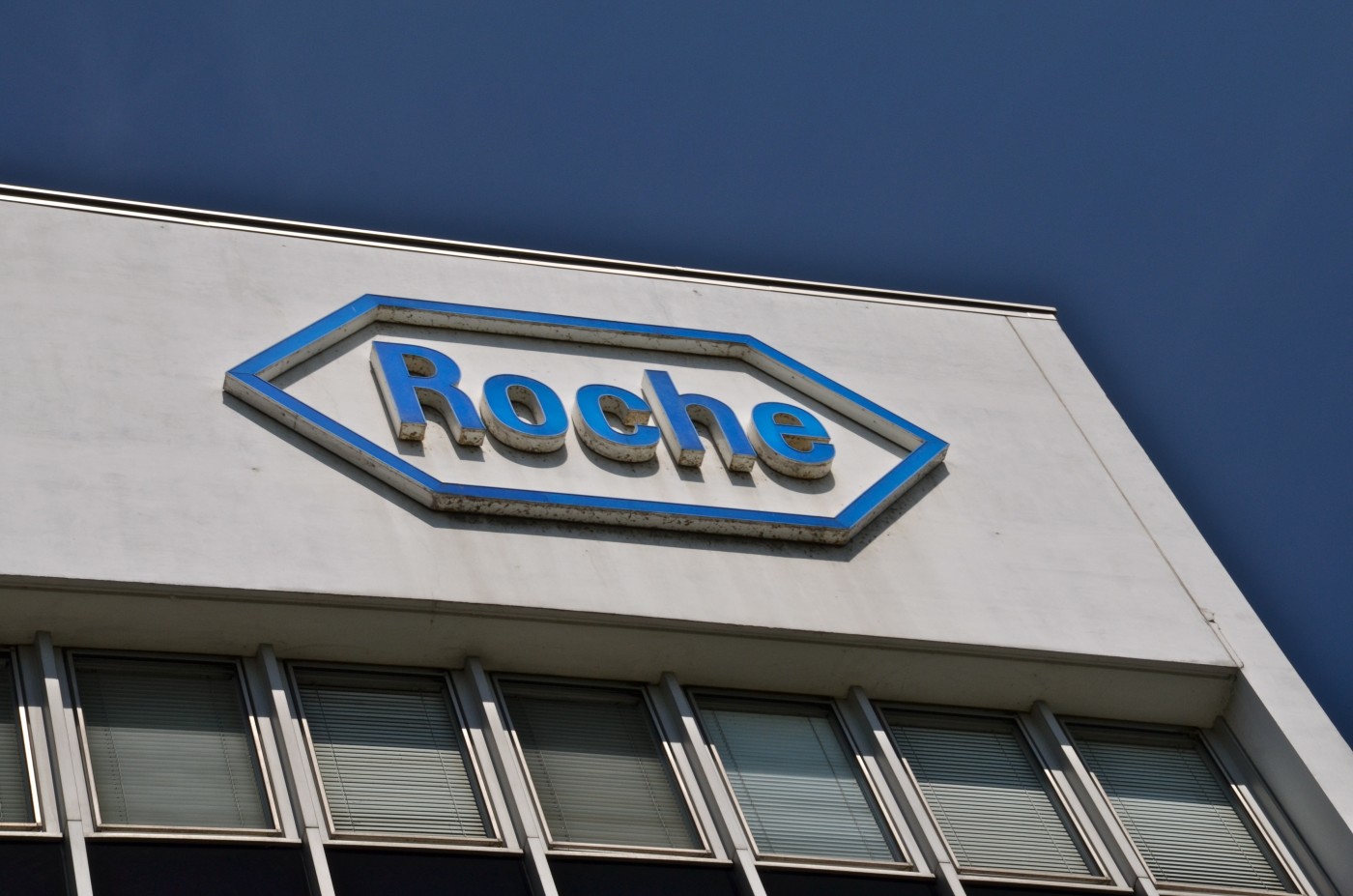Roche’s Ocrelizumab Found to be Superior to Standard Interferon Therapy in Relapsing Multiple Sclerosis Patients
Written by |

Roche recently announced encouraging results on its investigational medicine ocrelizumab as a therapy for patients with relapsing multiple sclerosis, which includes either RRMS or SPMS with relapses. Ocrelizumab was evaluated in two pivotal studies (OPERA I and OPERA II), where it was compared to interferon (IFN) beta-1a (Rebif®), the standard-of-care therapy in patients with relapsing MS.
MS is a chronic, progressive neurodegenerative disorder that results from an attack on the central nervous system (brain, spinal cord and optical nerves) by the body’s own immune system, causing inflammation and damage to the myelin layer that covers and protects neurons resulting in motor function impairment (coordination, balance, speech and vision), irreversible neurological disability and paralysis. There is no cure for MS and most patients experience their first symptoms between 20 and 40 years of age and it is estimated that more than 2.3 million people in the world suffer from the disease.
Progressive MS is estimated to affect at least 40% of all MS patients and is characterized by a gradual, steady progression of disability, leading to impaired vision and walking, pain, fatigue, incontinence and cognitive changes. Patients usually have a poor response to treatment and there is little or no recovery. The disease can be either primary progressive MS (PPMS; 10 to 15% of the cases), where patients develop this form of the disease from the time of diagnosis, or secondary progressive MS (SPMS; 85% of the cases), where patients initially experience a relapsing-remitting MS phase (RRMS) of neurological dysfunction that later evolves into a secondary progressive disease.
Ocrelizumab is a humanized, monoclonal antibody against immune B cells that express CD20. These cells are thought to be a key contributor to the myelin and neuron damage in MS patients.
Two randomized, multicenter, double-blind phase III clinical trials – OPERA I (NCT01247324) and OPERA II (NCT01412333) – were developed to assess the efficacy and safety of ocrelizumab (600 mg dose administered by intravenous infusion every 6 months) in comparison to IFN beta-1a (44 mcg dose administered by subcutaneous injection three times per week) in patients with relapsing forms of MS (either RRMS or SPMS with relapses). In total, 1,656 patients were enrolled in 40 different countries. The primary endpoint of both trials was the annualized protocol-defined relapse rate (ARR) at two years (96 weeks).
Researchers found that ocrelizumab treatment significantly reduced the annualized relapse rate in the 2-year period compared to IFN beta-1a, meeting the primary endpoint of both trials. Ocrelizumab was also found to significantly reduce the progression of clinical disability, assessed by the Expanded Disability Status Scale (EDSS), and to significantly reduce the number of MS lesions in the brain as assessed by magnetic resonance imaging (MRI), in comparison to IFN beta-1a treatment. In terms of safety, the incidence of adverse events linked to ocrelizumab treatment was similar to the one reported with IFN beta-1a, with the most common adverse events being mild-to-moderate infusion-related reactions.
“Ocrelizumab showed remarkable improvements over a standard-of-care medicine across clinical and imaging endpoints in two pivotal studies,” said Roche’s Chief Medical Officer and Head of Global Product Development Dr. Sandra Horning in a press release. “Ocrelizumab has the potential to make a meaningful difference for people with MS, a chronic and debilitating disease. Based on these compelling results, we plan to submit the data for review to US and EU regulatory authorities in the first quarter of 2016.”
The team will present detailed data on the ocrelizumab trials at an upcoming medical meeting. In addition, Roche is also conducting a Phase III trial (ORATORIO, NCT01194570) to test ocrelizumab safety and efficacy in patients with PPMS. Results from this trial are expected later this year.


